Education has always been a bright spot and a pillar in the cooperative relationship between Vietnam and New Zealand. On the occasion of Prime Minister Pham Minh Chinh’s visit to New Zealand, Thanh Nien would like to introduce an article by Ms. Bang Pham Ngoc Van, Director of Education New Zealand (ENZ) in Vietnam, about New Zealand’s international education footprint in Vietnam over the years.
The first and only initiatives
New Zealand began providing scholarships to Vietnamese students in the 1990s through the New Zealand Aid Programme, including English language training for civil servants, short-term professional training, and especially full postgraduate scholarships to support Vietnam in training talents in key areas such as climate change response, renewable energy, food security, etc.
In 2019, the New Zealand Government Secondary School Scholarship (NZSS) was first launched specifically for Vietnamese students. In Vietnam, foreign government scholarships for secondary school are very rare; in New Zealand, Vietnam is the only country to be granted this scholarship. Not to mention that at that time, New Zealand secondary schools did not have many scholarships for Vietnamese students.

Vietnamese and New Zealand students currently studying at a high school in Wellington, New Zealand.
Thanks to NZSS, Vietnamese families have become more aware of New Zealand’s secondary education system, which stands out for its learner-centered approach to developing each student’s potential. After NZSS, New Zealand secondary schools also began to offer more scholarships to Vietnam, opening up more opportunities for Vietnamese people to start their intellectual journey in the Kiwi land from high school age.
When Covid-19 broke out in 2020, ENZ also launched the Global Competency Certificate (GCC) program online, attracting more than 200 teachers and students in 3 years. At that time, Vietnam was the first and only country selected to participate in the global citizenship skills training program with New Zealand students. Later, GCC was expanded to other countries in the Asian region.
In the following years, New Zealand has continuously implemented "exclusive" initiatives specifically for Vietnam, such as the annual, completely free Future Skills Camp (NZFSC) for secondary and high school students, inspiring confidence in accessing digital and language skills. Or the Micro-credential Scholarship, which helps Vietnamese people to participate in the digital transformation process and accumulate micro-credits for postgraduate study.
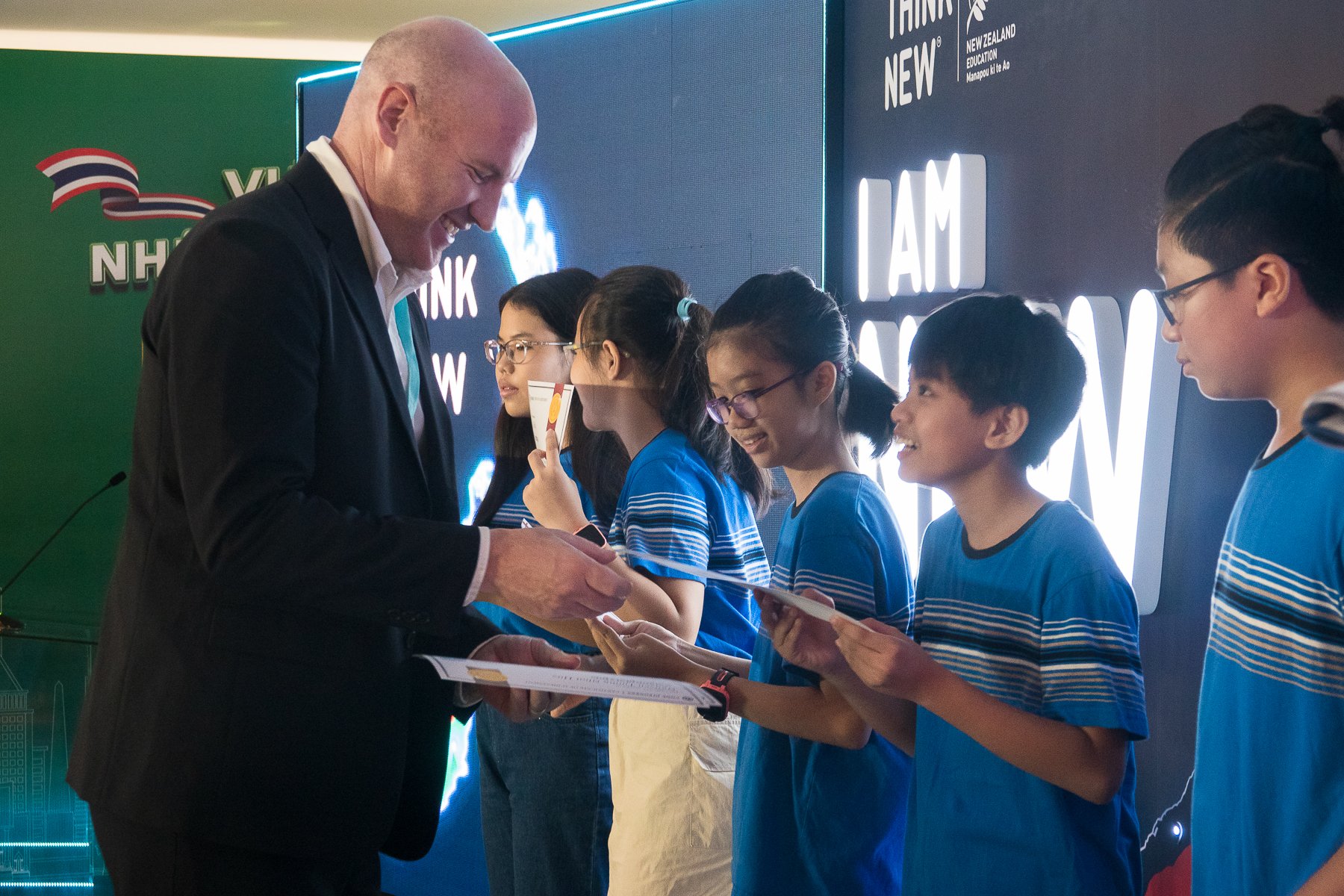
Mr Ben Burrowes, ENZ Regional Director for Asia, presented certificates to students participating in the NZFSC at the New Zealand Education Fair in October 2023
Strengthen and diversify cooperation areas
New Zealand has a very high reputation in the international arena for the quality of education, and is one of the few countries that has all its universities in the top 500 best universities in the world . 66% of Vietnamese students in New Zealand are studying at universities. And few people know that New Zealand is one of the first countries to accept high school graduates in Vietnam to directly enter universities in this country.
New Zealand universities attach great importance to the Vietnamese market, and Vietnam is the only country in Southeast Asia with a fairly complete representation of universities in recruitment. All eight New Zealand universities offer scholarships to Vietnamese students at all levels. In particular, Waikato University has implemented a 100% digital business and supply chain management training program in Vietnam.
This is a very important milestone for New Zealand, because in Asia, New Zealand universities have only implemented 100% domestic training programs in countries such as India and China. Normally, New Zealand schools prefer to cooperate in training in the form of transfer or international cooperation because they have to comply with strict standards on training quality management of the government.
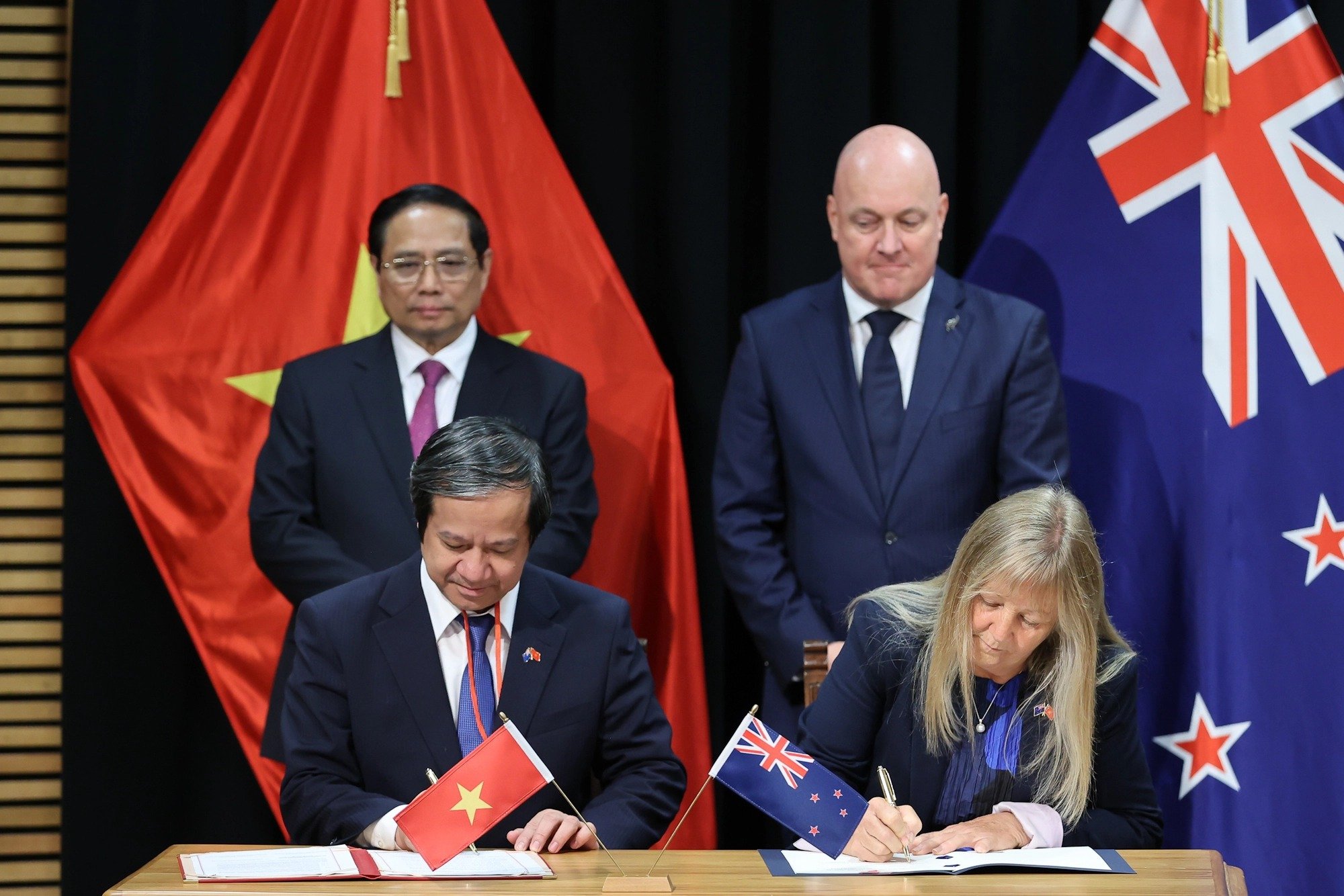
The Minister of Education and Training of Vietnam and the Minister of Higher Education, Colleges and Skills of New Zealand signed an agreement on education cooperation between the two governments.
Soon after the border was opened, in early 2023, the University of New Zealand (UNZ) Vice-Chancellors’ Council made its first visit to Vietnam to promote joint training opportunities and expand cooperation and research. 2023 also saw a series of first visits by New Zealand delegations in the fields of educational technology (edtech), pilot training and aviation to Vietnam, as well as initial workshops and exchanges on early childhood education with Vietnamese partners.
Expanding opportunities in the future
In the past two years, New Zealand and Vietnam have had continuous state visits, such as former New Zealand Prime Minister Jacinda Ardern's visit to Vietnam in November 2022, National Assembly Chairman Vuong Dinh Hue's visit to New Zealand in December 2022, and most recently the visit of Prime Minister Pham Minh Chinh. At the local level, the Hanoi City delegation and the Ho Chi Minh City Department of Education and Training delegation also visited New Zealand in 2023 for exchanges and cooperation.
It can be seen that education is identified as the field that will strengthen and expand cooperation, through promoting more scholarships for Vietnamese students, as well as promoting links between universities. This will open up more opportunities and study options for Vietnamese students in the future.
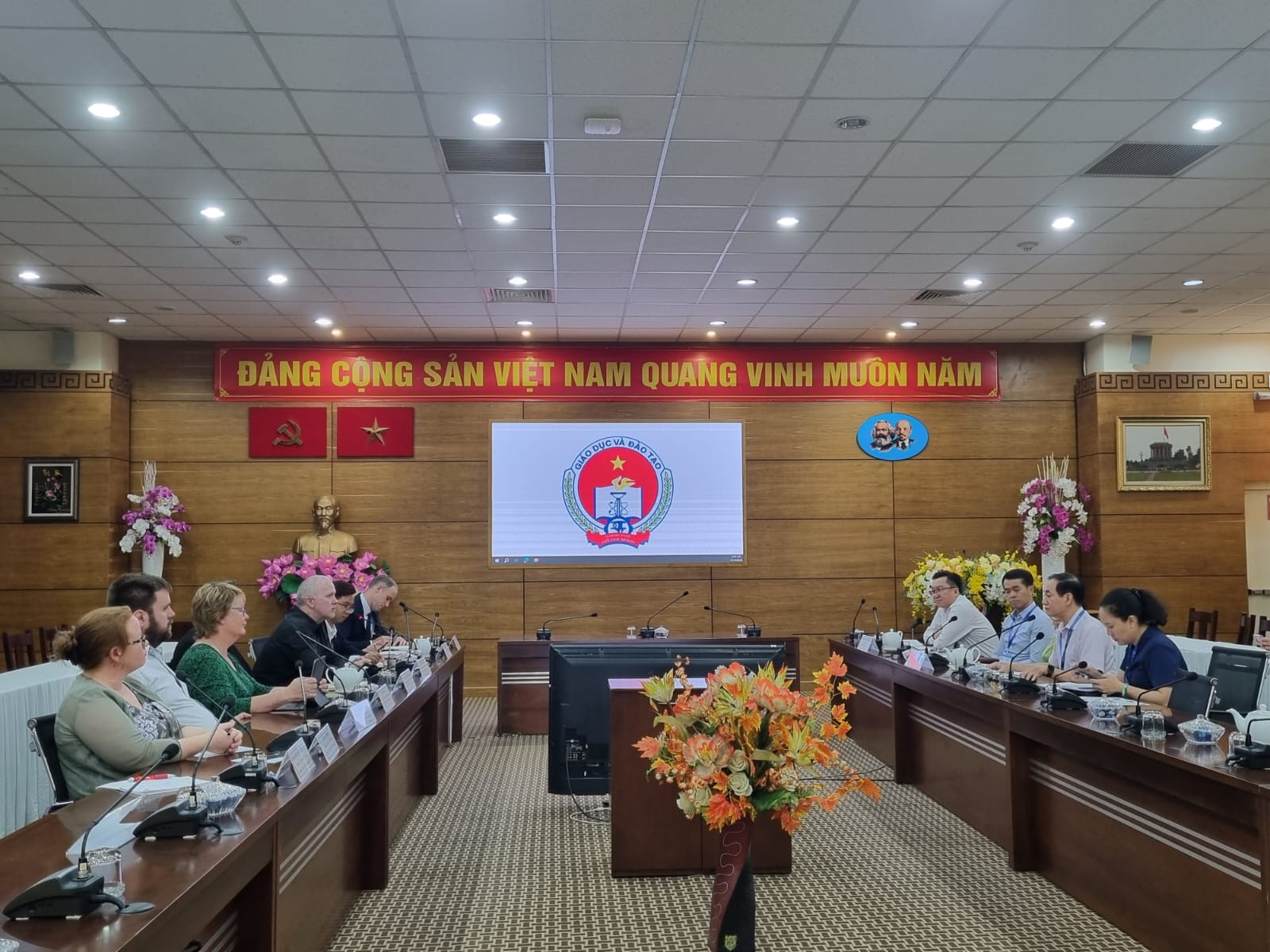
New Zealand edtech delegation discussed with Ho Chi Minh City Department of Education and Training about the application of information technology and edtech products in schools in the city.
On the other hand, in the context of international education being predicted to have many policy changes from 2024, New Zealand remains very consistent in its orientation towards international education and the benefits for international students. New Zealanders also have positive views on the contributions of international students to New Zealand society and culture. These points will be advantages for New Zealand to attract more and more Vietnamese international students to live, study and work.
Regulations for the sponsorship and care of international students
In 2002, New Zealand was the first country to legislate a Code of Practice for the Protection and Care of International Students, which sets out minimum standards and good practices to ensure international students are treated fairly at all ages and levels of study. Education providers can only enroll international students if they are committed to implementing these regulations and are approved and monitored by the New Zealand Qualifications Authority (NZQA).
Source link


![[Photo] National Assembly Chairman Tran Thanh Man meets with Thai Prime Minister Paetongtarn Shinawatra](https://vphoto.vietnam.vn/thumb/1200x675/vietnam/resource/IMAGE/2025/5/15/e71160b1572a457395f2816d84a18b45)

![[Photo] Prime Ministers of Vietnam and Thailand visit the Exhibition of traditional handicraft products](https://vphoto.vietnam.vn/thumb/1200x675/vietnam/resource/IMAGE/2025/5/15/6cfcd1c23b3e4a238b7fcf93c91a65dd)





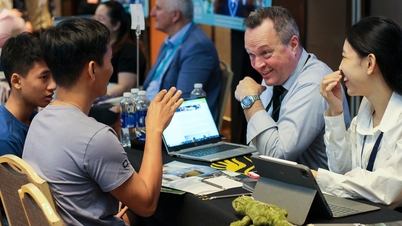
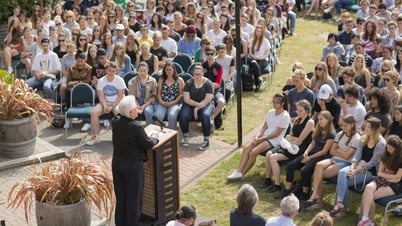

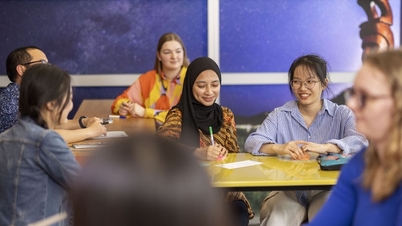

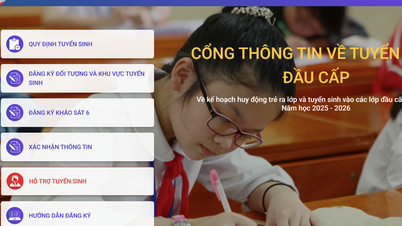


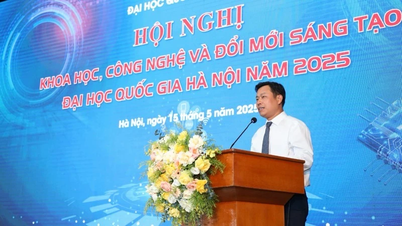

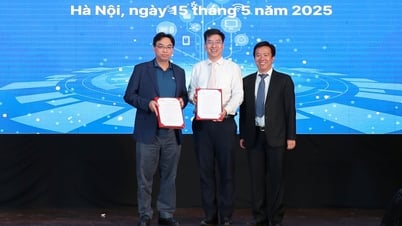
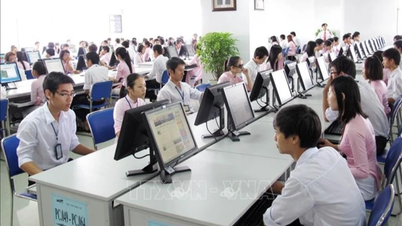












































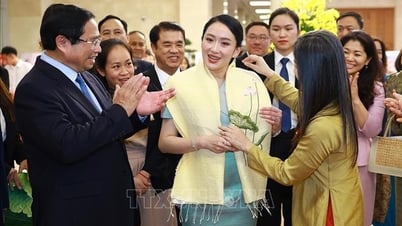

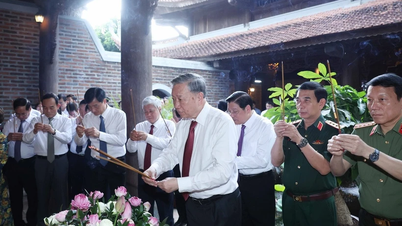
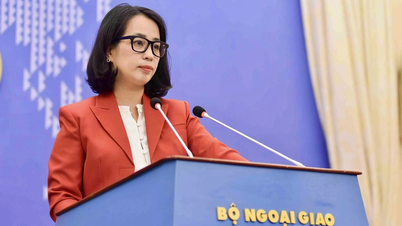







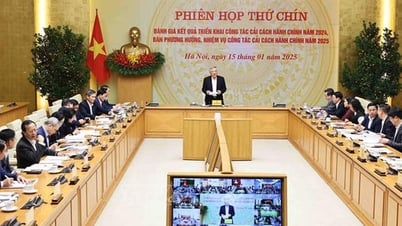

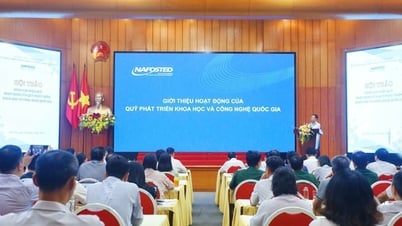

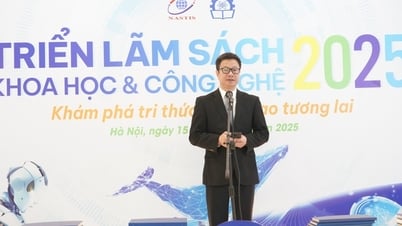


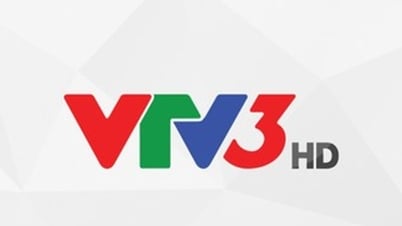



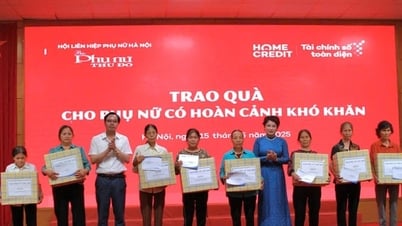










Comment (0)